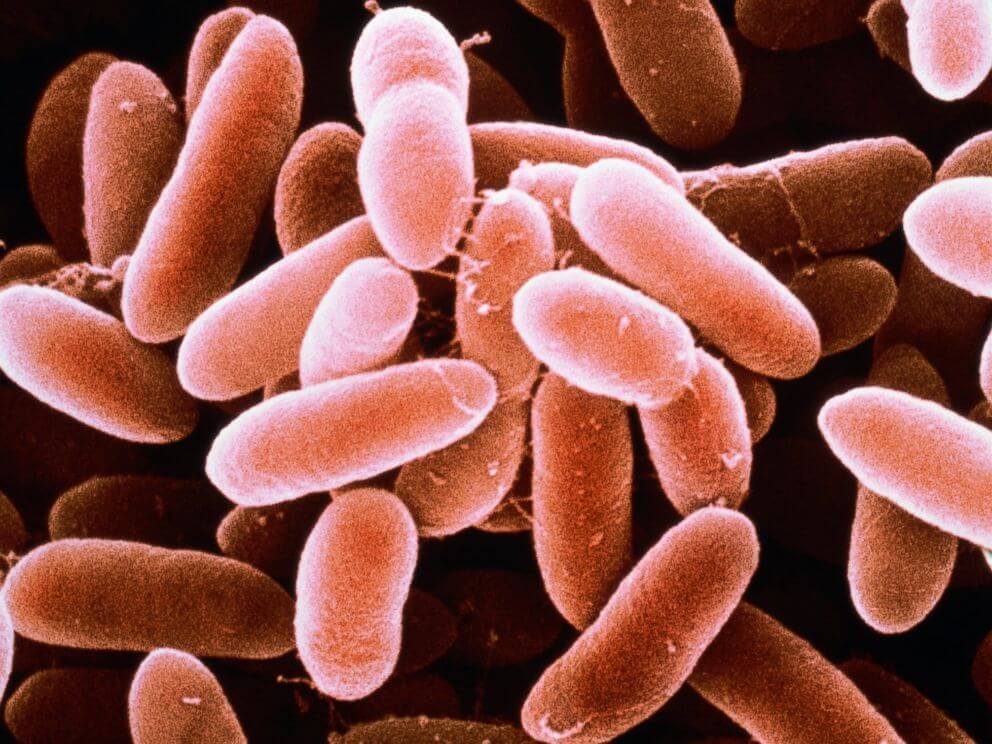The World Health Organisation (WHO), on Wednesday, asked Nigeria and 15 other African countries to support its organisation by creating awareness about the new listeriosis outbreak.
Listeriosis is an infectious disease commonly caused by eating food contaminated with the bacterium Listeria monocytogenes.
Advertisement
The disease gives rise to severe illnesses including sepsis (a life-threatening illness caused by your body’s response to an infection), meningitis, or encephalitis (Inflammation of the brain, often due to infection.) which often results in lifelong harm and even death.
The other African countries that received the wakeup call are Malawi, Mauritius, Mozambique, Namibia, Lesotho, Madagascar, Swaziland, Tanzania, Uganda, Zambia and Zimbabwe. Angola, Botswana, the Democratic Republic of Congo, Ghana.
According to WHO, Listeriosis first outbreak was in January 2017 in South Africa where it killed 200 people who ate contaminated ready-to-eat meat products.
The bacterial infection is believed to have been exported to two West African countries and 14 members of the South African Development Community (SADC).
Advertisement
South African health authorities revealed the source of the outbreak as a factory in Polokwane, located northeast of the country.
This prompted a national and international recall of the food products.
Nevertheless, further cases are likely to occur as a result of the potentially long incubation period of listeriosis and the challenges relating to large-scale nationwide recall processes.
Dr Matshidiso Moeti, WHO regional director for Africa said, “This outbreak is a wake-up call for countries in the region to strengthen their national food safety and disease surveillance systems”.



